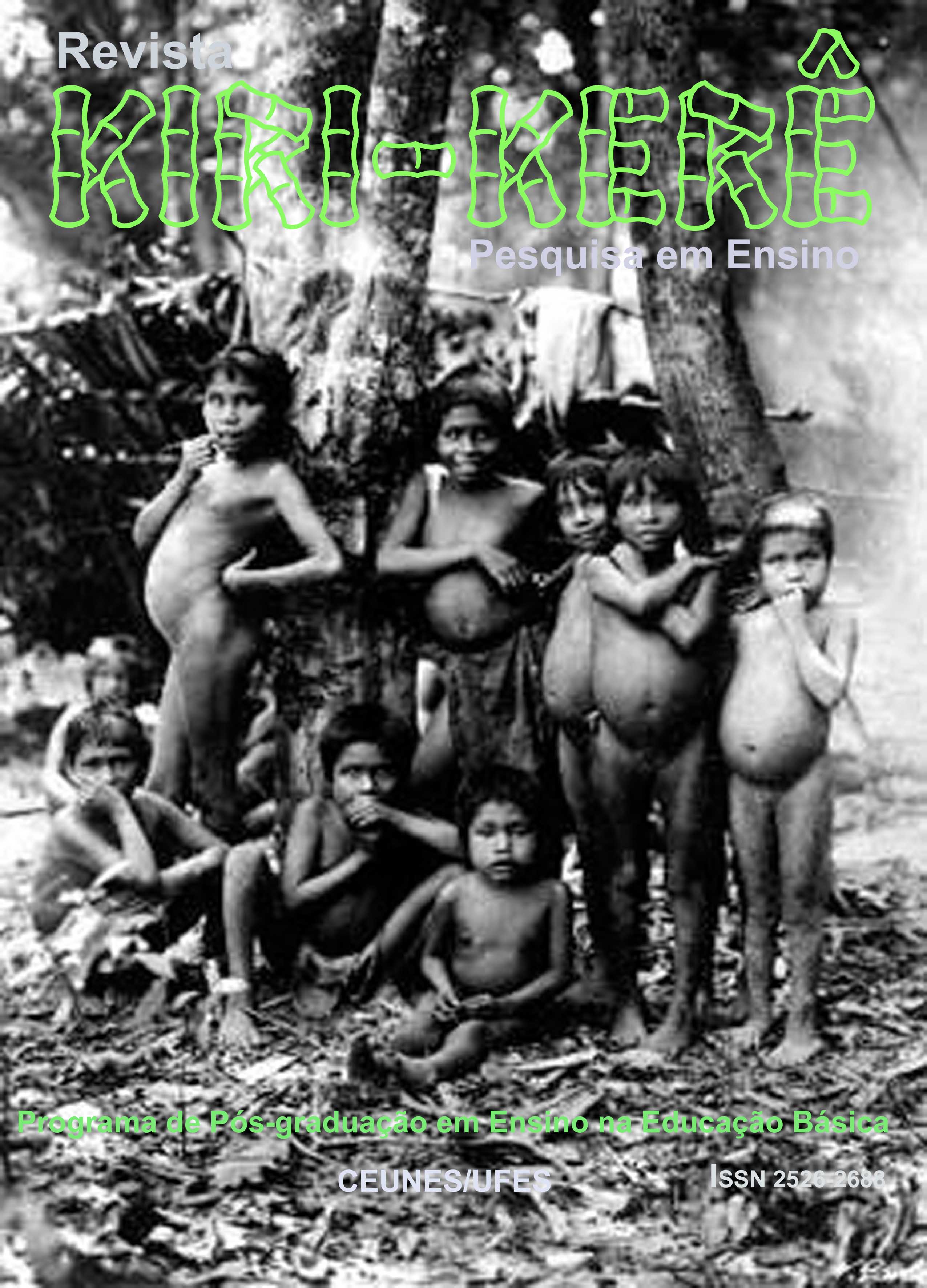Franz Kafka’s Literature and his non-formal tales
learning categories about history
Keywords:
Literary school, Franz Kafka, Education, Formative criticismAbstract
This article aims to analyze the relevance of Franz Kafka's (1883-1924) literature in the composition of the historical processes of society in its time in the world, in the specificity of its language and symbolic representations. Would be possible a historical education based on literature? Far from being mere fictional categories, the hypothesis-condition is cread that Kafkaesque tales are potent criticisms of capitalist society in the period of World War I (1914-1918), which compose historiographical narratives outside the official frames of history; criticisms that may be updated for our time in the world and for human formation. For this purpose, the theoretical references of historians Sandra Jatahy Pesavento (2012) and Nicolau Sevcenko (1999) are adopted for the Literary-historical dialogue based on the methodological interdisciplinarity inaugurated by the Escola dos Annales (1929). For the critical-literary basis of History, there are the analyzes of Michel Löwy (2005). Thus, when history is problematized by the literary bias - the method used - one can find in the Kafkaesque novels a large collection of unofficial documents as voices that are structured and tell the history of the world and society from another angle than the Traditional, linear and positivist history.
References
ADORNO, Theodor W. Teoria Estética. São Paulo: Martins Fontes, 2011.
____________________. Dialética do Esclarecimento. Ed. Zahar. R.J. 1985.
BLOCH, M. Apologia da História: ou o ofício de historiador. R. J. Jorge Zahar Ed., 2002.
BURKE, P. Sociologia e História. 2, ed. Porto: Ed. Afrontamento, 1980.
___________________. Testemunha ocular: História e imagem. EDUSC. Bauru. S.P. 2004.
CAMUS, Albert. O Mito de Sísifo. Trad. de Ari Roitman e Paulina Watch. R. J. Record. 2010.
ERNST, Pawel. O pesadelo da razão, uma biografia de Franz Kafka. Ed. Imago. RJ. 1986.
FARIA. Renato de Oliveira. Assalto contra o limite: forma danificada e história em Franz Kafka. Tese de Doutorado em Letras. 2011.
HOBSBAWN, Eric. A era dos Impérios. Paz e Terra. Rio de Janeiro. 1988.
LÖWY, Michel. Franz Kafka, um sonhador insubmisso. R.J. Azougue Editora. 2005.
KAFKA, Franz. Carta ao Pai. Companhia das letras. São Paulo. 1997.
___________________. Na colônia penal. Trad. Modesto Carone. R. J. Paz e Terra, 1996.
___________________. Metamorfose. Trad. Modesto Carone. S.P. Comp. das letras. 2017.
___________________. O Processo. Trad. de Modesto Carone. S.P. Comp. das letras. 2018.
___________________. Um médico rural. Trad. de Modesto Carone. S.P. C. das letras. 2017.
PESAVENTO. Sandra Jatahy. História e Literatura: identidade e fronteiras. MG. UDUFU. 2006.
___________________. História & História Cultural. B. H. Editora Autêntica. 2012.
SEVCENKO, Nicolau. Literatura como missão: tensões sociais e criação cultural na Primeira República. São Paulo. Editora Brasiliense. 1999.
https://www.sistemaetapa.com.br/portal/material_professor/história.
Downloads
Published
Issue
Section
License
The authors accept, when sending their works, the assignment of their copyrights.


